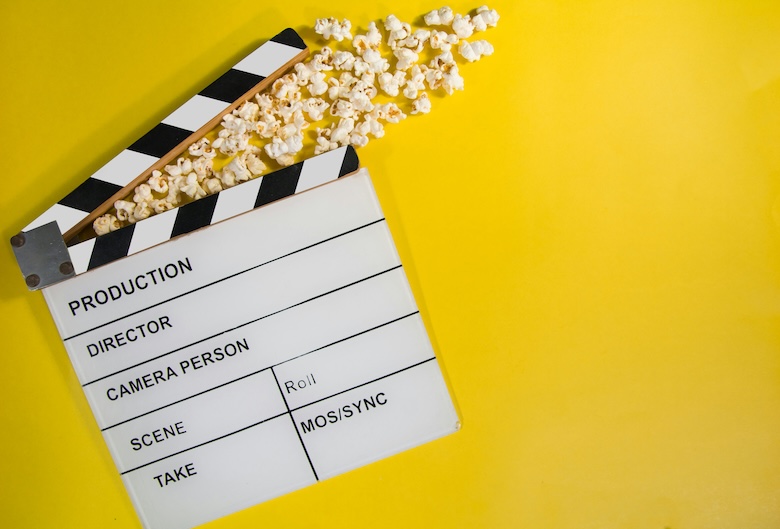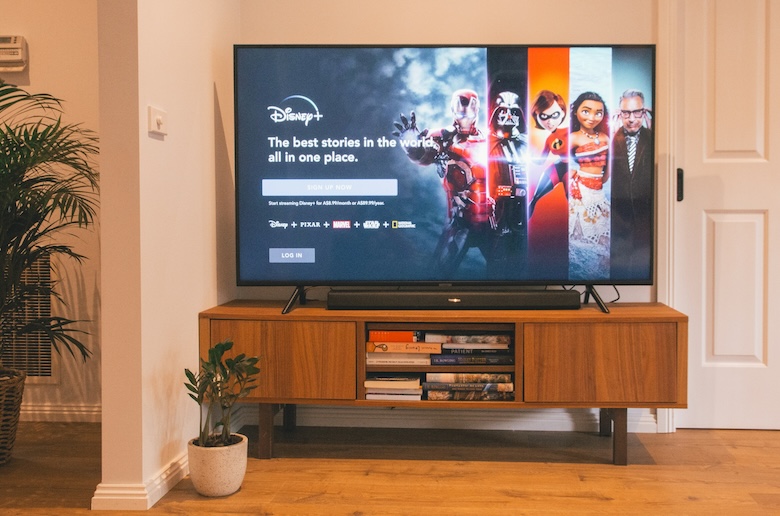The video discusses the transformative effect of Artificial Intelligence (AI) on the entertainment industry. AI is used to discover new artists, predict consumer behavior, source content, and even create new forms of art. AI in the music industry has democratized the talent selection process. Streaming services use data mining to choose profitable content and AI has further streamlined this process. In the film industry, AI informs decisions about cast selection, film age ratings, budget, and more. Today’s AI also incorporates data from scripts, predicting how well a film will do in the box office. However, insiders note AI isn’t built to predict outliers and doesn’t yet replace human judgment.
An increasingly prominent technology in the industry is generative AI, which allows people to create content. Concerns about this technology focus on job displacement, as it has the potential to create characters and automate processes that human workers usually do. This has stirred unrest in Hollywood, with strikes occurring over AI issues. British actor Marcus Hutton voices concerns about how AI affects the workforce and how synthesized voices threaten the livelihoods of voiceover artists.
Despite job displacement concerns, estimations suggest that generative AI could add between 2.6 and 4.4 trillion to the global economy annually in the coming decades with the entertainment industry having a predicted increase of 60-$110 billion. As AI evolves within the entertainment industry, issues about copyright and consent gain prominence, leading to high-profile legal disputes. The video concludes by emphasizing the importance of regulations in the AI sector, though it remains unclear what these regulations will look like and how effective they’ll be.



